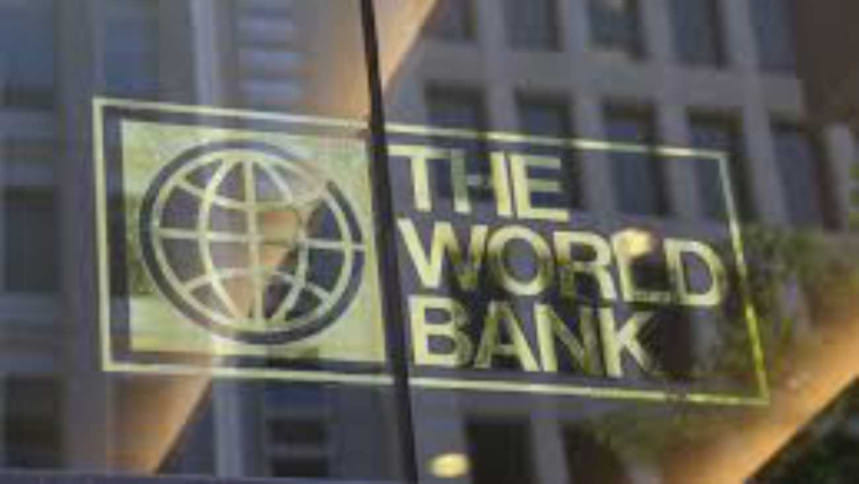Climate Change: Bangladesh may lose a third of agri output by 2050

Climate variability could result in the loss of one-third of Bangladesh's agricultural GDP by 2050, said a recent World Bank report.
By 2040, it could cause the loss of 6.5 percent of the country's cropland, said the report titled 'Framework for Implementing Green Growth in Bangladesh'.
The report, which was released yesterday, said climate variability could result in the loss of 18 percent of the cropland in southern Bangladesh.
Bangladesh faced an estimated average annual loss of $1 billion (0.7 percent of GDP) from tropical cyclones alone.
Also, the coastal population is at risk from events such as 100-year coastal floods, which could become more frequent.
"Climate and other environmental hazards have greater impacts on the poor and other vulnerable groups. Efforts to reduce poverty, particularly amongst populations whose livelihoods rely heavily on natural resources, continue to be hampered by climate change," the WB said in the report.
Green growth -- which balances economic prosperity with environmental compliance, benefits and protection -- can be a strong and sustainable driver of growth.
Subsequently, the report proposed nine key policy directions that aim to achieve three overarching objectives: effective environmental governance and energy transition, new engines and skills for green growth and a just transition to a resilient, green and healthy society.
The policy directions include strengthening environmental governance, promoting renewable energy trade, promoting inclusive connectivity through green transport and logistics systems, investing in green industries and human capital, and improving public health and wellbeing, among others.
It is important that all the recommended policies work together for them to be successful, the report said.
"Global experience shows that growth that harms the environment cannot be sustained. On the other hand, green growth can offer a strong and effective way to reduce poverty while safeguarding our environment, essentially serving as a catalyst for growth," said Abdoulaye Seck, the WB's country director for Bhutan and Bangladesh.
Highlighting several shortcomings of budget implementation in climate financing, the report says Bangladesh has multiple environmental laws, regulations and plans and yet demonstrates weak performance in environmental management.
Implementation challenges primarily relate to two issues.
One is a case for prioritisation of public investment within the annual development programme managed by the planning ministry together with line ministries.
Second, limited coordination exists between the ADP formulation process and the annual budget process, which is managed by the finance ministry.
"These shortcomings have resulted in an inefficient public investment management system, with insufficient budgetary allocations to investment projects and a low execution rate," the WB said in the report.
Bangladesh's climate-related allocation currently stands at 7.5 percent of the total budget or 0.8 percent of GDP.
The report also highlighted weaknesses in Bangladesh's financial sector weaknesses.
Structural weaknesses in Bangladesh's banking system and institutional bottlenecks pose some of the biggest challenges to increasing the volume and range of green financing instruments, resulting in green investments being perceived as riskier than non-green ones.
"Borrowers face huge hurdles in adopting and financing green practices, resulting in insufficient financial flows and an inadequate pipeline of projects," the WB said.
The report also proposed investing in urban mass transit systems that are green, accessible, reliable and inclusive.
It also called for implementing green building policies and guidelines, promoting the use of electronic vehicles (2/3 wheelers) for inclusive green growth, and promoting pedestrian and bicycle-friendly urban streets.

 For all latest news, follow The Daily Star's Google News channel.
For all latest news, follow The Daily Star's Google News channel. 



Comments